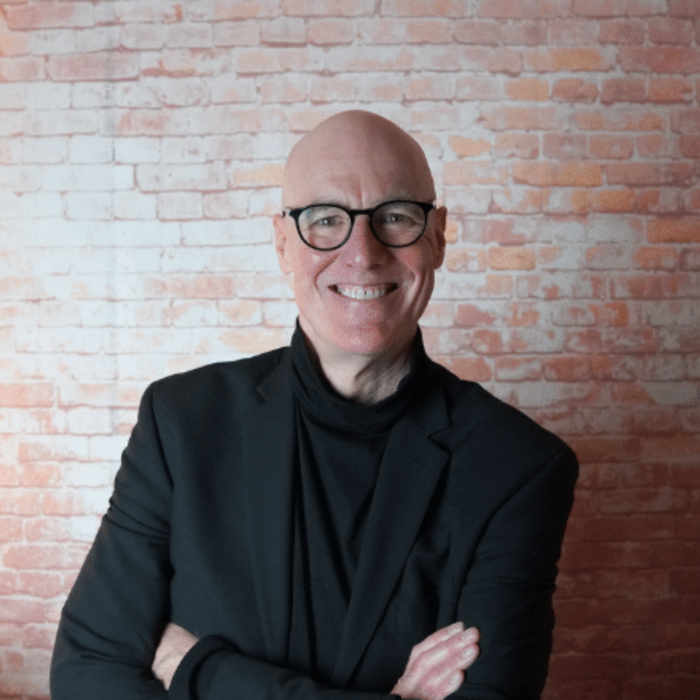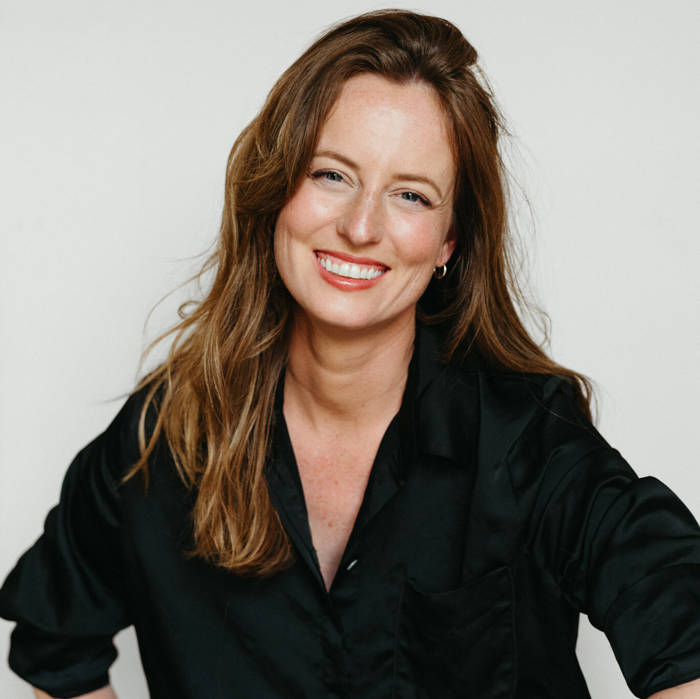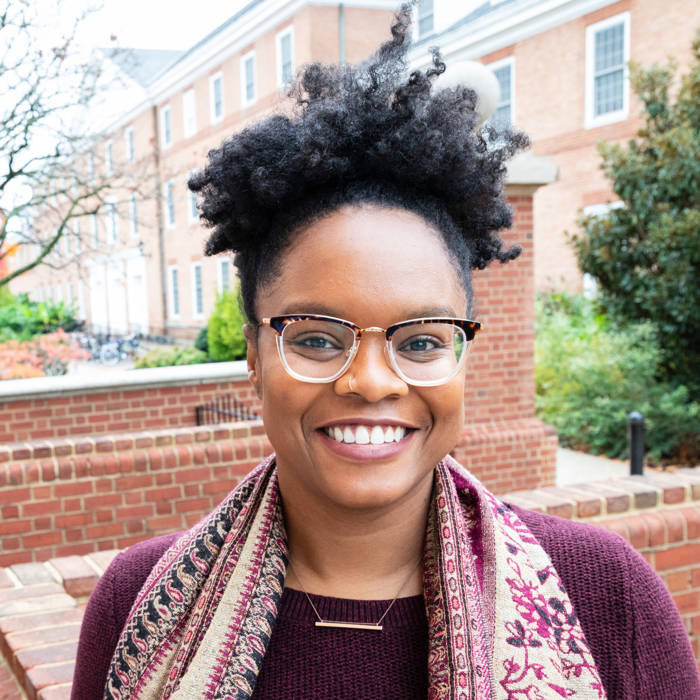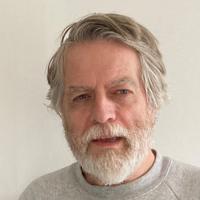A Voice for the Voiceless
Thursday 5th October 2023, 5:00 PM - 7:00 PM (London Time)
This course is about helping the voiceless to find their voices. It offers strategies and tools for working with those who consider themselves ‘tone-deaf’ or ‘non-singers’.
But who are ‘the voiceless’? Only around 3% of the population fall into the category of ‘amusia’ while over 17% consider themselves ‘tone-deaf’; and this does not account for ‘non-singers’, a wider group sometimes described as ‘tuneless’.
The course will fall roughly into two halves. In the first half, after an introduction with a few thoughts about what we might mean by ‘voiceless’, William will briefly explore the history of singing and the study of singing, especially the various movements to encourage community singing over the years. Why indeed do we sing and why has there long been an emphasis on the health-giving and social benefits of singing? There is also a long history of how voice was studied. William will consider what the purpose is of training a voice, when it is considered such a natural human attribute. However, why on earth would a ‘tone-deaf’ person want to learn to sing? Some of the scientific research into ‘tone-deafness’ will be described and William will recount some of his own case histories.
The 19th century novel ‘Trilby’ tells how a tone-deaf woman was transformed into a great singer by a somewhat sinister man called Svengali. But ‘tone-deafness’ is a complex syndrome with different manifestations, many causes, and a multiplicity of ways of helping a person overcome it – without resorting to hypnosis! In the second half of the course, we will examine strategies for teaching non-singers through different sorts of choirs, small-group classes and private lessons. William will also explain several of the techniques he has used to work with individuals.
At the halfway stage, there will be a short break during which participants can record any questions they might have for later. They are also invited to consider a questionnaire that William used in his ‘Tone Deaf? No Way!’ class which is intended to add more information as well as being part of a study too. After a summary, the evening will end with a ten-minute Q&A. Participants will be offered a selective reading list and some other supporting documents.
William Leigh Knight
William Leigh Knight (AGSM, FISM, ProfDoc) is a singer and voice teacher who trained at the Guildhall School of Music and Drama (GSMD). His performances have ranged from song recitals and chamber opera to mediaeval church music drama.

Attend this course for as little as £22 as part of the Voice Professional Training CPD Award Scheme.
Learn MoreSorry, this is an archived short course...
We have plenty of upcoming short courses coming soon. See details of some of them below or look at the full list of short courses.

Tuesday 22nd July 2025
5:00 PM - 7:00 PM
Tuesday 29th July 2025
5:00 PM - 7:00 PM
Tuesday 5th August 2025
5:00 PM - 7:00 PM
Tuesday 12th August 2025
5:00 PM - 7:00 PM
Tuesday 19th August 2025
5:00 PM - 7:00 PM
Tuesday 26th August 2025
5:00 PM - 7:00 PM
(London Time)
Certificated Public Speaking Coach qualification - with John Henny

John Henny
Would you like to be a certified public speaking coach? Join the renowned John Henny for this exciting new online course! This six-week online certification course is designed to equip voice teachers with the specialised skills needed to work with public speakers, corporate trainers, educators, and presenters. Unlike a general public speaking course, this program is specifically tailored to train-the-trainer, giving voice professionals structured methodologies, coaching techniques, and applied skills to enhance vocal delivery, confidence, and influence in professional speakers.

Thursday 24th July 2025
5:00 PM - 6:00 PM
(London Time)
Transitioning From Soprano To Mezzo-Soprano - Pedagogical Approaches!

Dr Caitlin Moore
This workshop will explore the considerations for transitioning from soprano to mezzo-soprano. We will examine the history and vocal science related to voice classification as well as interviews with singers and voice teachers. Interviews feature singers who have experienced this Fach change themselves, as well as voice teachers who have helped singers navigate this shift.


Tuesday 29th July 2025
5:00 PM - 7:00 PM
(London Time)
Towards a Jazz Pedagogy: Lessons from Legends and Educators!

Dr Autumn Griffin
Join Dr Autumn Griffin as she explores the foundational tenets of jazz pedagogy as both a conceptual and practical framework for teaching, in this two-hour workshop. Drawing from her research in “Towards a Jazz Pedagogy: Learning with and from Jazz Greats and Great Educators,” she’ll investigate how jazz (its historical and cultural legacy, structure, improvisation, and relationality) can be mobilized to inform dynamic, liberatory educational practice!
